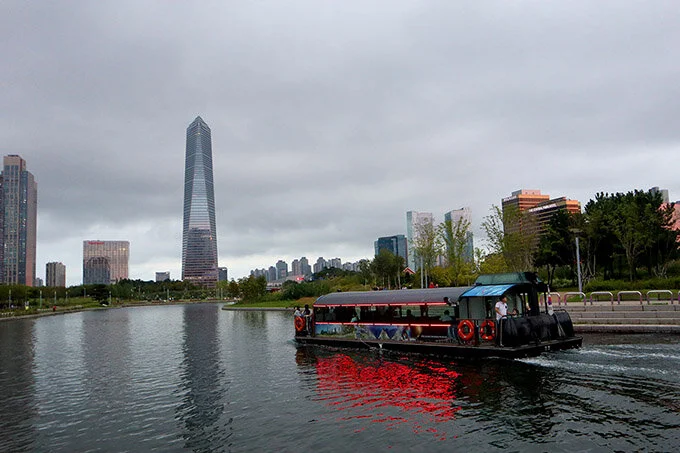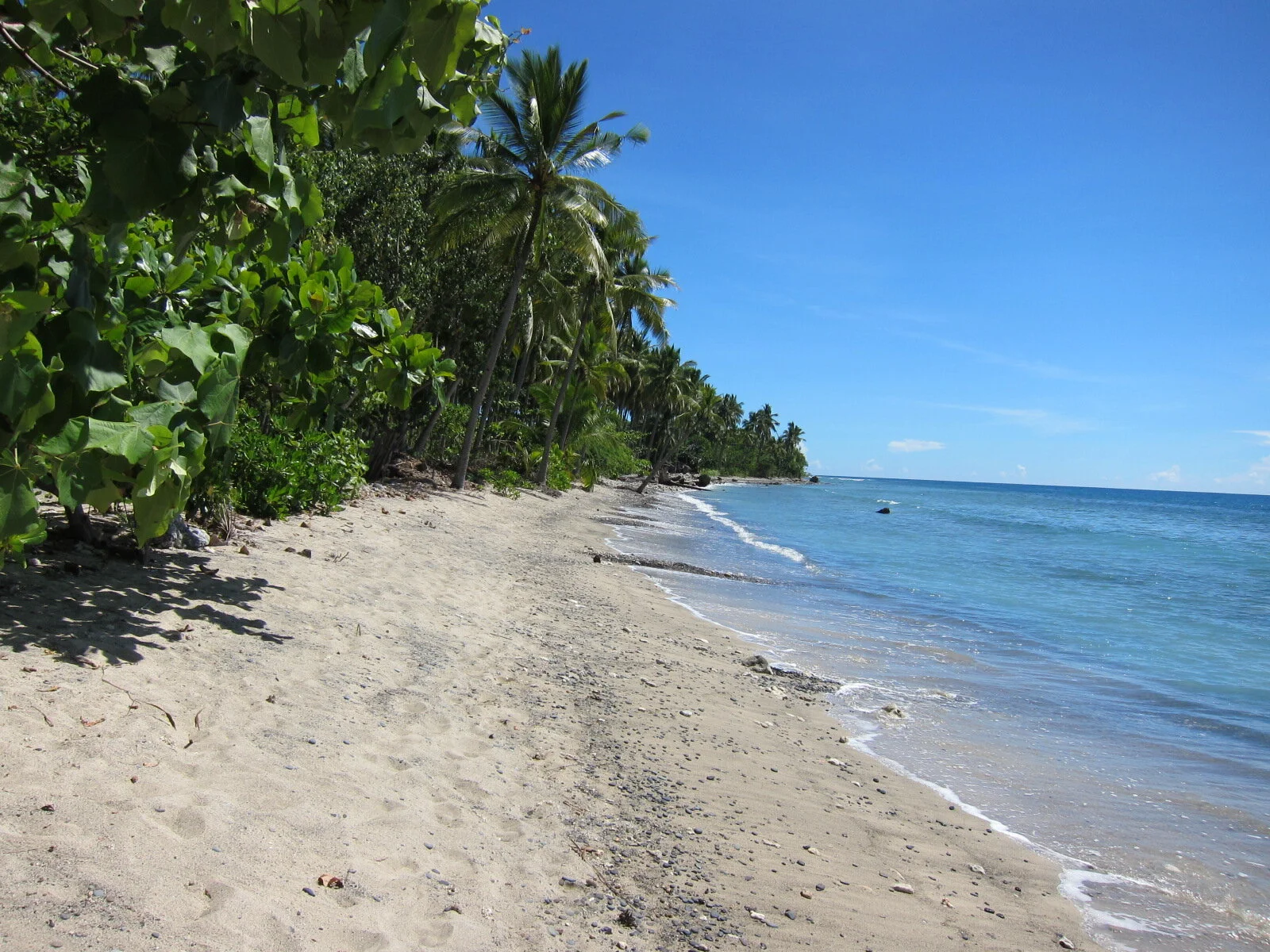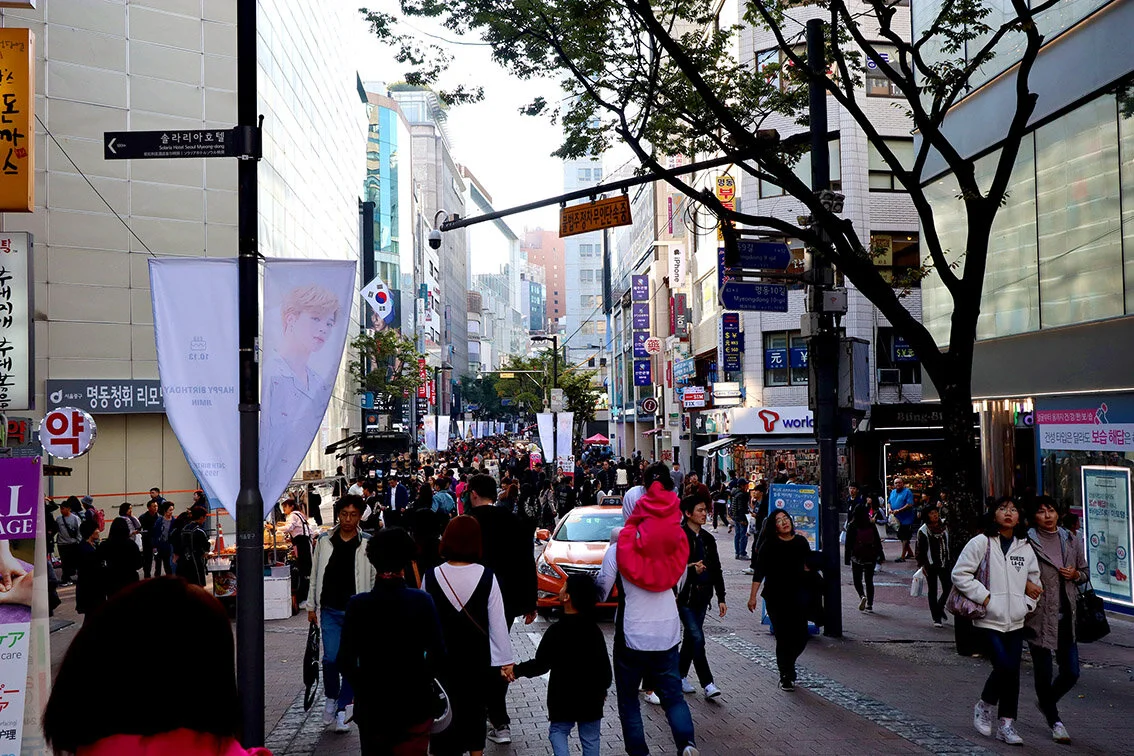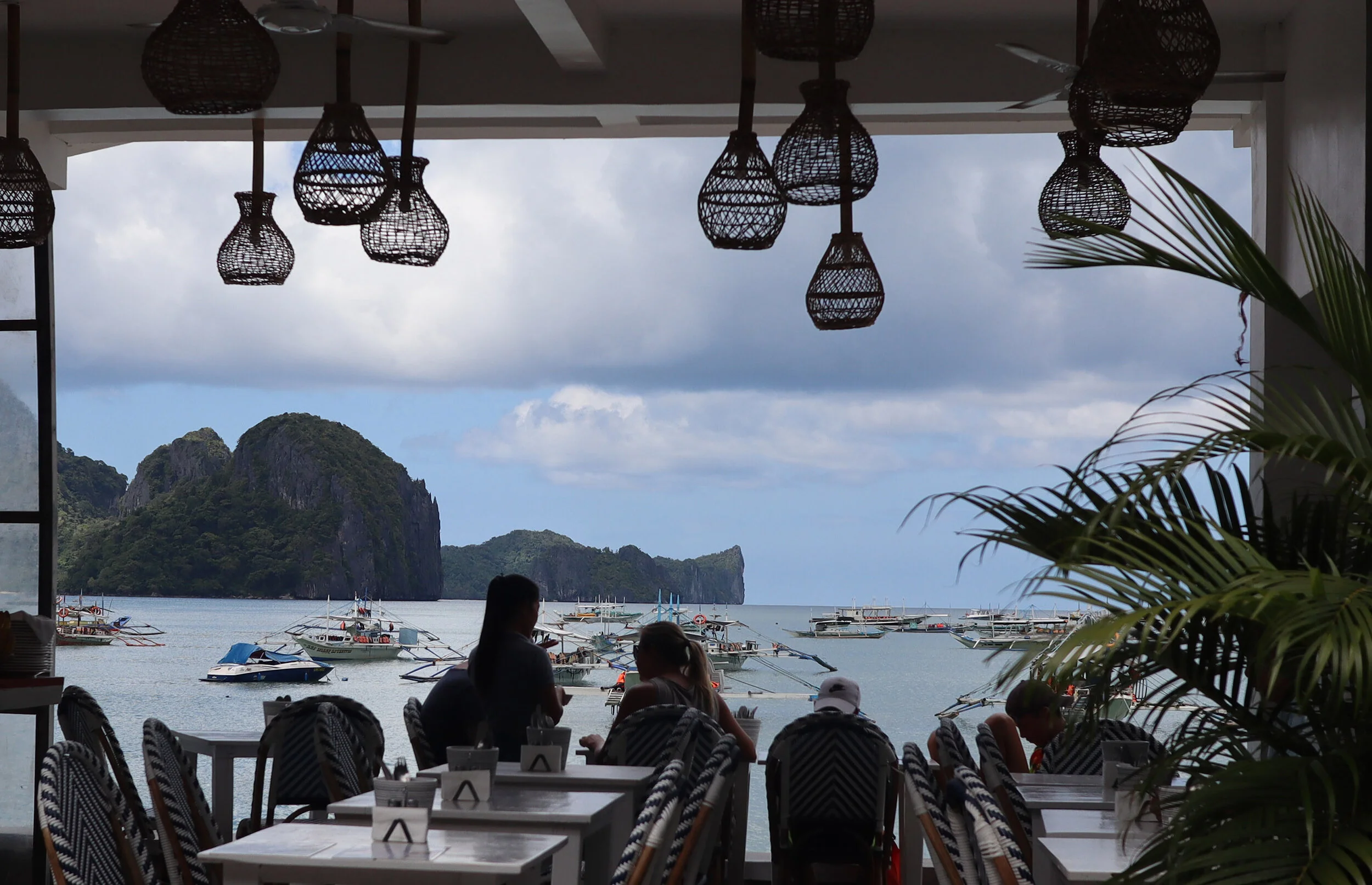How to “Save” the Tourism Sector in this time of NCOV (COVID-19)
Let’s be sober and blunt about it. The NCOV virus will kill off many businesses, and at the forefront of the battle, where the mortality rate will be very high, is the tourism industry. Tourism cannot fight off the emerging pandemic by treating the present and immediate future as business as usual. To survive the ongoing onslaught of the virus, the industry has to dig in. Really deep. Try to imagine a scenario where there’s an oncoming tsunami. What will you do? Pretend that everything will be okay and stay put, or run to safety? No need to answer the obvious.
The industry though, will have to survive if only to save as much businesses and jobs it can. Yes, the current potential pandemic, as all others that history told us, will run its course, albeit leaving massive trails of loss and economic displacement. Then we rebuild. But another concern is, what if the virus decides to stay put for many months, or even years? Yup, it’s an arrrgghh moment, and we can say, aaarrghh twice.
After all the negative things I said, is there really a fighting chance for tourism businesses to continue their existence in the midst of the looming pandemic?
The answer is yes….. but not everyone can survive. Blame that on very limited resources, loans that will have to be paid, rent, salaries, family needs…. The list can be depressingly long. For a good number of businesses, the only way would be to cut their losses and temporarily close down.
So…. back to our topic. For the tourism industry to survive, it has to almost instantaneously evolve by limiting the number of clients (they are thinning in numbers, anyways), cutting their profits down to just a flick above the break-even, and redefine their business creed.
Here are the sobering reasons and what strategies can be done.
The governments will have no choice but to kickstart their economies.
No matter how long the pandemic lasts, governments will have to eventually respond and take calculated gambles to either continue or start allowing businesses to open up and for people to go out and work. Because only 1% of the population can afford not to do business or work for prolonged periods of time. The rest of the hampaslupa (that’s a Tagalog word for common people) do not have a choice but to take the risks and feed their families (and yes, pay their bills).
Remember Maslow?
Maslow is well known to the hospitality sector as the man who probably unknown to him, helped justify the existence of tourism. When all a person’s needs are satisfied (food, shelter, work), he goes on… travel. That’s a really simplistic way of explaining it.
People will always have the itch to travel. And that itch will become unbearable after one or two months of social quarantine (definitely just weeks for others). Some will even justify that staying cooped up inside their houses and apartments will be the thing that will kill them instead of the virus. Really….
But….. they won’t be the same people before the pandemic became a reality. They will be more health-conscious, germophobic, and xenophobic. The industry will have to take a step back and re-assess this new market characteristic.
Know people’s fear
Yes, they fear the virus. And their only weapon when going out is to keep clean. Their hands, at least. Restaurants will be hit very hard, and people need to clearly know that before entering one, that they can eat safely. They need to be assured. And that form of assurance might be a hand sanitizer on every table. Yup, like the ever-present condiment or tissue paper. It’s a perception game. Play the game and prominently display the sanitizer.
Domestic it is
Unless there is a local lockdown, the domestic travel market is the most resilient. And unknown to some, it is actually the backbone of many country’s tourism industry. It is very common that the domestic tourists take up 70% to 90% of the travel market. So, as long as the domestic tourist market remains confident, the travel sector can still hope to breathe in times of trouble.
Foreign independent travelers will continue trickling in.
That is, if the destination has not reached a movie-quality pandemic mode. They can easily avoid crowded places and opt to go to sites with fewer people. But then again, in trickles. And if the destination’s infection level becomes a darling of international media, forget that foreign market niche.
Exclusive is in
Travellers may not feel all too comfortable with strangers. If they have the money (not really rich ones, but are able to save enough), they would rather travel on exclusive tours. Their own or chartered vehicles where they don’t have to breathe in strangers’ exhales. But rather with the ones they reassuringly know like families and friends. But it will be very expensive and will still affect their decision points. The service sector will have to respond to this by really cutting down their profit margins. It will really hurt. But hey, to survive? What’s a short-term unbearable pain?
Short is king
Short travel time, that is. The less chance to be exposed, the better. Should be reached by cars. No compromise here. The tourist market will soon realize that the rewards of exploring and having fun can be achieved through short-haul travel. Plus, the quality of the Instagram photos would be the same.
Unfortunately, plane rides and long bus trips will have to settle with the markets that have no choice but to take those options. That’s the commuters and business travellers. Of course, there will always be confident domestic tourists willing to take the risk. But for the majority of the recreation market, they will only regain the confidence to travel this way most probably after the pandemic is gone. That is, months after it is declared 100% safe to travel in confined spaces again. It will be a long winter season for the mass transport sector. And let’s not start with the cruise sector. It feels so bad just thinking about it. It has very little choice but to ride out the storm.
The tourist transport operators may only make good money on sedans. But for vans, coasters and buses….. they have to be open to the possibility of deploying the units with fewer passengers in order to keep them running and not operate at a loss. But make sure to communicate that in the form of a marketing strategy. Everything is not lost.
Outdoor is life (literally)
Destinations that are open and in sprawling properties may have a good chance to survive. The tour operators can take advantage of this. They can also enhance the service by preventing their guests to go inside enclosed facilities. That means, having lunch picnic style in an open, grassy area with a panoramic view. Yup, this sounds like a brochure write up.
Health is wealth
If communicated properly, health-related tours or activities will definitely sell. And they can take so many forms like outdoors, breathing fresh air in forests or beaches and islands, healthy gourmet, farm tours, even introductory scuba diving (but address that concern on shared regulator use first). Just run your imagination wild on this one. Individual activities like stand up paddling that keep you away 20 meters from each other? It could work!
Will the hotels and resorts survive?
I would have to say, barely. The city hotels would be sort of okay because of the expat markets. But their weekends would probably be ghost towns. Facilities that are almost exclusively catering to the tourist market are definitely having a hard time. Aside from cost-cutting, that would be closing off several floors to save on utilities, more will have to be invented. One probable way to keep afloat is to be recognized as a “safe” hotel or resort. That would mean lots of health and safety signages, hand sanitizers, 24/7 room service, and yes, even uber clean vehicles that smell of alcohol for every tourist that takes a hotel vehicle. It will be a battle of perception to gain the shrinking travel market (that is, while the pandemic is ongoing).
As a conclusion, it will be a very hard and long struggle for the tourism sector. But it cannot just surrender to the virus because the option of losing businesses and jobs would make it unacceptable to many. There are ways to cope with the challenges. But the industry will have to adapt and accept the fact it is not business as usual…. yet.
Do you have any solutions or coping strategies to share?
By: Caloy Libosada





